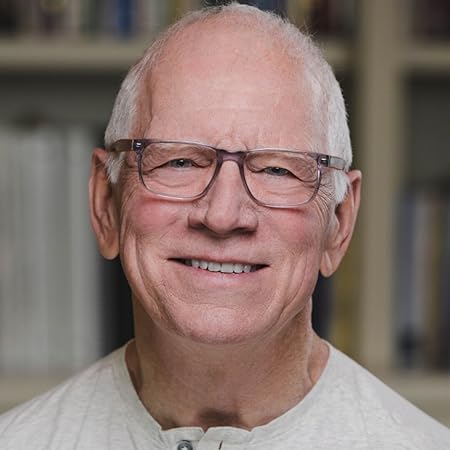The Big Idea: The greatest mission to which a man can aspire is to be a disciple-making disciple. How do you think you will be remembered? How do you want to be remembered? In this final “5 Weeks To Live” message, we’re going to explore God’s way to do something great with your life. Every…
LESSON 1 OF 5
27 min read
Membership Required
This content is only available to members. Please join to access this content.
Continue the Series
This thought-provoking series challenges men to live with urgency and purpose, as if they had only five weeks to live. It covers topics such as fulfilling God's plan, finding respect and honor at home, and deepening personal relationships. Each lesson encourages men to evaluate their lives and make meaningful changes.

